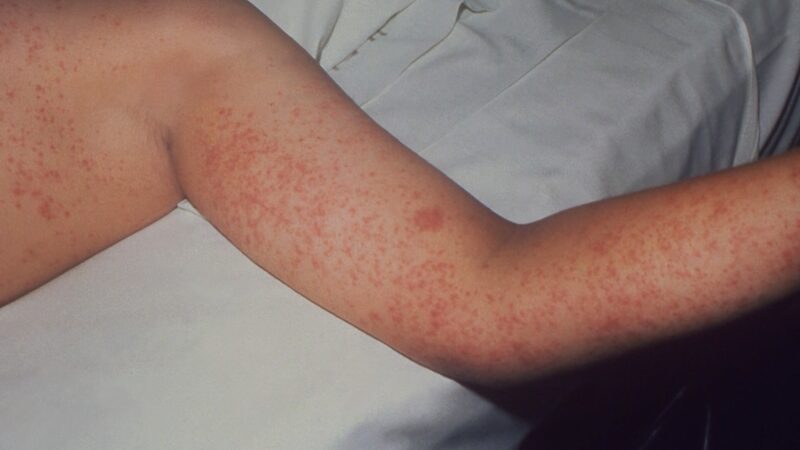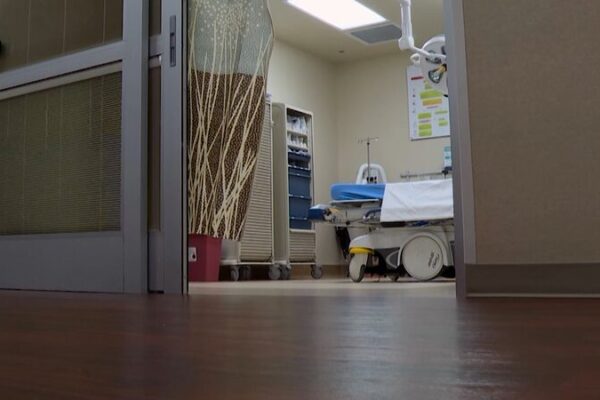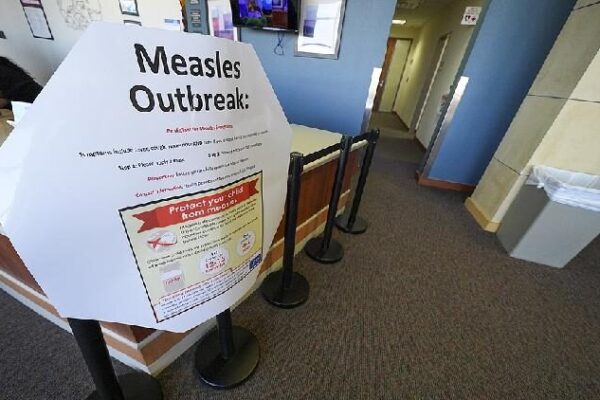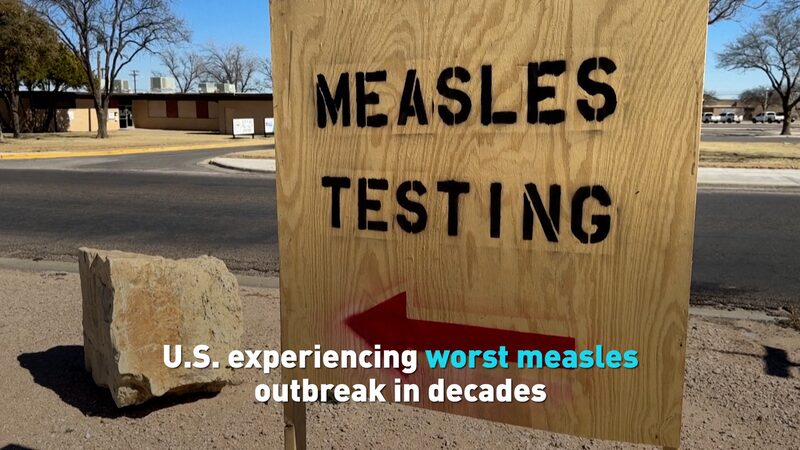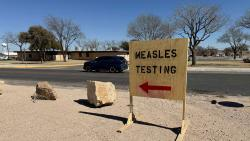The measles outbreak in West Texas has surged to 48 cases, doubling in size and marking the state’s worst outbreak in nearly 30 years. State health officials announced on Friday that the majority of those infected are children and teens who are either unvaccinated or their vaccination status is unknown. Thirteen people have been hospitalized.
The cases are primarily concentrated in a “close-knit, undervaccinated” Mennonite community, according to Lara Anton, spokesperson for the Texas Department of State Health Services. Gaines County, a highly rural area, has many families who homeschool their children or send them to small private schools.
“The church isn’t the reason that they’re not vaccinated,” Anton explained. “It’s all personal choice, and you can do whatever you want. It’s just that the community doesn’t go and get regular health care.”
In response to the outbreak, state and local health officials are ramping up screening and vaccination efforts. They are also educating school officials on how to identify measles symptoms and encouraging families to vaccinate their children.
Measles is an extremely contagious virus that can linger in the air for up to two hours. According to the U.S. Centers for Disease Control and Prevention (CDC), up to 90 percent of unvaccinated individuals will contract the virus if exposed. Before the introduction of the measles vaccine in 1963, the United States experienced approximately 3 to 4 million cases annually. Today, due to widespread vaccination, that number has dropped to fewer than 200 cases in a typical year.
However, the United States saw a rise in measles cases in 2014, including an outbreak in Chicago that affected over 60 people. Vaccination against measles, which requires two doses, is mandatory for most kindergartners to enroll in public schools.
Texas law permits exemptions from school vaccines for reasons of conscience, including religious beliefs. Over the past decade, the percentage of children with exemptions has increased from 0.76 percent in 2014 to 2.32 percent last year, according to state data.
Health officials continue to stress the importance of vaccination to prevent the spread of measles and protect vulnerable populations.
Reference(s):
Measles outbreak in U.S. state hits 48 cases, worst in nearly 30 years
cgtn.com

